Everyone “knows” 401K funds, IRA’s and other Retirement funds are exempt in bankruptcy, “. . . to the extent that those funds are in a fund or account that is exempt from taxation under section 401,403,408,414,457 or 501(a) of the Internal Revenue Code of 1986. 11 U.S.C. §522(d)(12)(2018)” … until now!
Recently, the Bankruptcy Appellate Panel for the Eighth Circuit ruled that merely having a divorce decree that awards half of an ex-spouse’s retirement funds to the parting spouse did not qualify as exempt under 11 U.S.C. USC § 522 (b)(3)(C), absent a properly drafted and executed QDRO. *1
The Eighth Circuit decision relied on an earlier U. S. Supreme Court decision *2 stating that inherited I.R.A.’s do not meet the criteria under 11 USC 522 (b)(3)(C) and are therefore non-exempt.
While the decision is currently an Eighth Circuit decision, it’s a sure bet the same result will soon come to The Southern District of Florida. A word to the wise suggests that Divorce Attorneys should get familiar with this situation and make sure adequate QDROS accompany all divorce settlements going forward.
The “CLARK” decision was based upon the lack of definition in the Bankruptcy Code of the term “retirement funds” wherein the Court resorted to “ordinary meaning” in the following manner;
“. . . fund[s] is sum[s] of money . . . set aside for a specific purpose.”
And;
“. . . retirement means. . . “[w]ithdrawal from one’s occupation, business, or office.”
The “LERBAKKEN” Court said that both conditions must be met and neither occurred, since absent the QDRO the Debtor had unlimited and unrestricted access to the funds thereby rendering them available to the bankruptcy estate. An interpretation that might find its own way to yet another Supreme Court decision. In the meantime, better hone up on QDROS!
*1 United States Bankruptcy Appellate Case No. 18-6018 October 16, 2018 (InRe. Brian A. Lerbakken v Sieloff and Associates,P.A. (Appeal from United States Bankruptcy Court For the District of Minnesota – Duluth)
*2 [(Clark v. Rameker) 134 S. CT 2242 (2014)].


